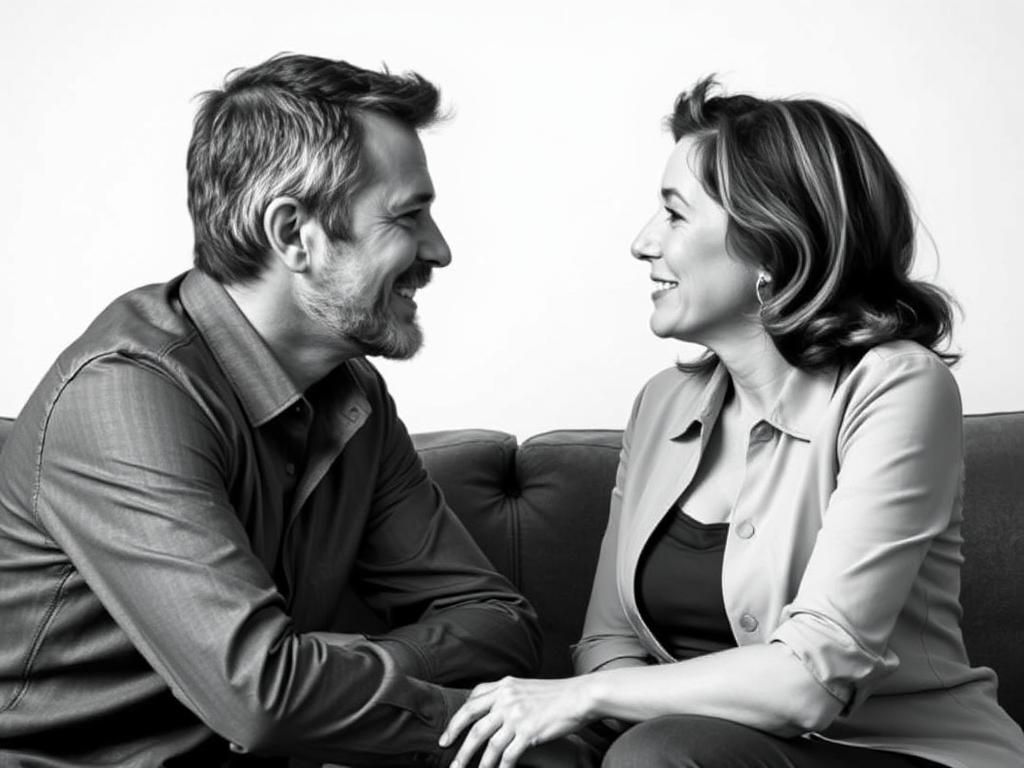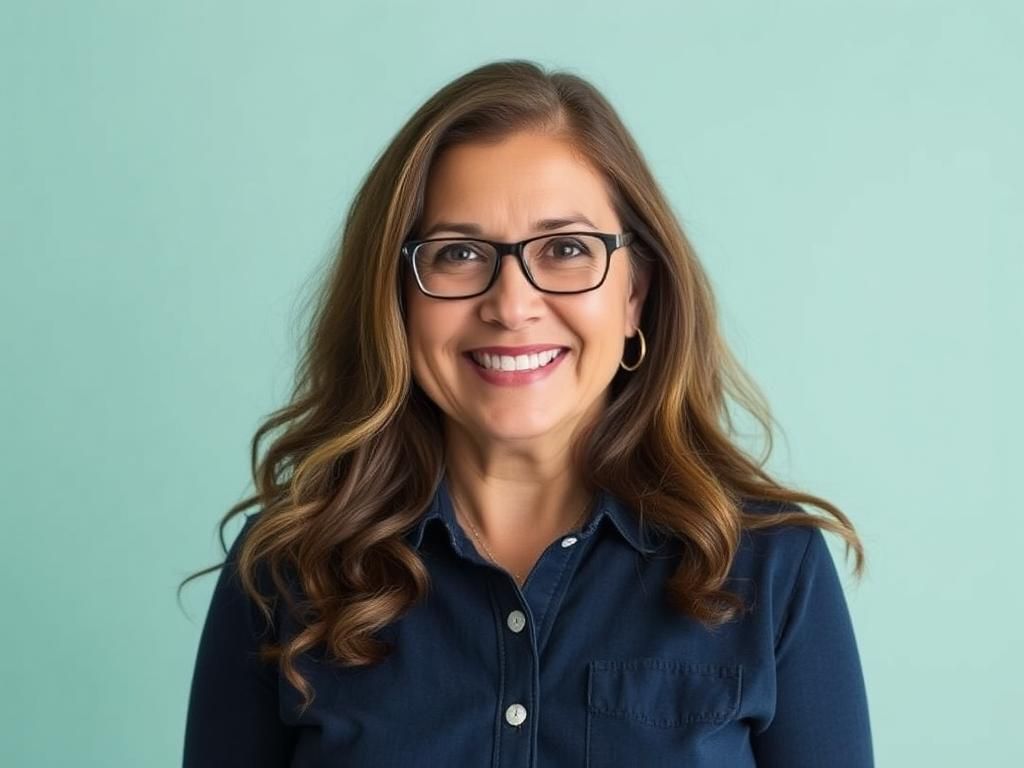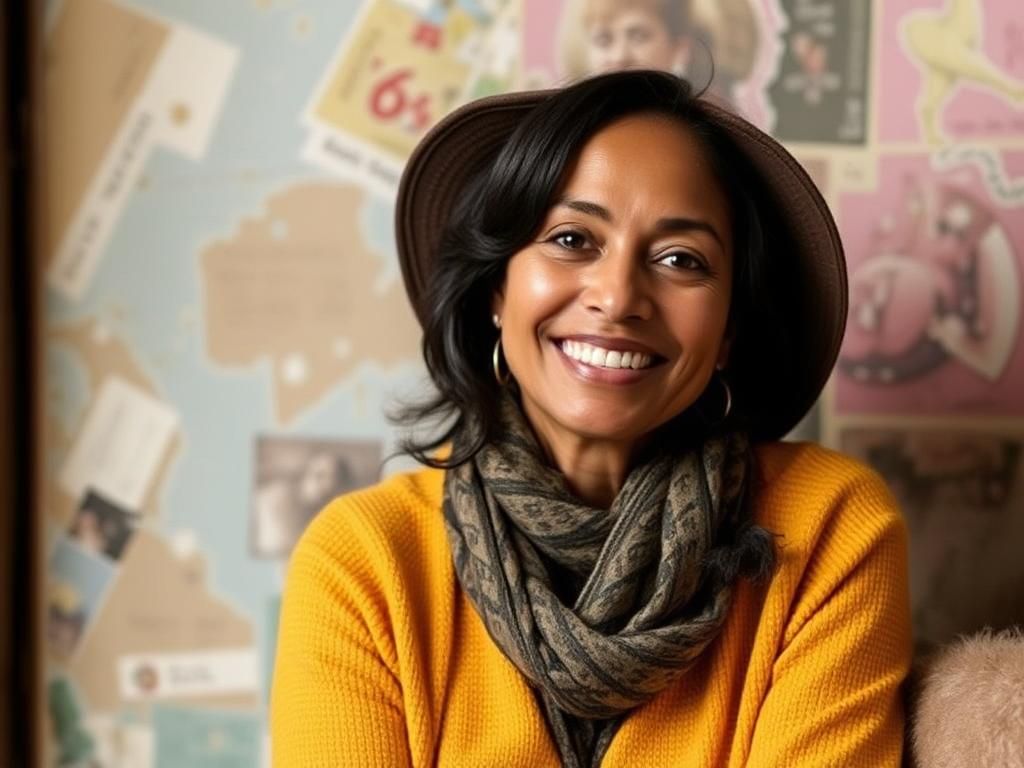In today’s society, discussions about age often carry a complex array of social implications. This is particularly true when it comes to asking a woman her age. The question itself can evoke a myriad of reactions, from humor to discomfort to outright avoidance. Why is this topic so laden with perception and taboo? Is it merely a matter of politeness, or does it signal deeper cultural norms surrounding femininity and aging?
This article aims to unravel the intricacies involved in asking a woman her age. By exploring cultural contexts, social etiquette, psychological impacts, and practical scenarios, we can better understand why this seemingly simple question remains fraught with complications.
The Cultural Context
Age and Gender Norms
Age and gender standards play a crucial role in shaping perceptions of women as they age. In many societies, women’s age is often viewed through a lens of societal expectations that can be markedly different from those applied to men. Historically, aging women have faced social stigmas that demonize the natural process of growing older, often equating youth with beauty and desirability.
For example, in Western societies, women frequently find themselves pressured by beauty standards that glorify youth, resulting in a reluctance to disclose their age. Conversely, men are often celebrated for their age, seen as symbols of experience and wisdom. This double standard underscores how asking a woman her age becomes not just a personal inquiry, but a societal examination of worth and value.
Global Perspectives
Attitudes toward age vary significantly across cultures. Individualistic societies, like those in many Western countries, often place a premium on youth. In contrast, collectivistic cultures, such as those in various Eastern countries, may celebrate aging through respect and admiration for elder wisdom.
In Japan, for instance, age is associated with honor and respect, making inquiries about someone’s age more acceptable. However, in cultures like the United States, asking a woman her age might lead to discomfort or even hostility. Understanding these cultural nuances is essential to fostering respectful interactions.
Social Etiquette
The Dos and Don’ts of Asking a Woman’s Age
When it comes to the etiquette surrounding age inquiries, there are clear dos and don’ts:
Do:
– Approach the topic with sensitivity. If you feel the need to ask, ensure that the relationship context justifies the inquiry.
– Consider the environment. Casual settings may allow for more personal questions than formal ones.
Don’t:
– Make assumptions based on appearances. This can be demeaning and invasive.
– Ask in professional contexts like workplaces. Maintaining professionalism fosters respect.
Being aware of social norms can significantly ease the awkwardness often associated with asking someone’s age, enabling smoother interactions.
Alternative Ways to Inquire About Age
If you wish to know a woman’s age without directly asking, consider these alternatives:
– Discuss life experiences or significant cultural milestones, allowing the conversation to naturally lead to age-related topics.
– Reference generational trends or attributes, such as popular culture from specific years, which can prompt a discussion without direct questioning.

These methods not only avoid discomfort but also create opportunities for deeper conversations.
Psychological Aspects
The Emotional Response to Age Inquiry
When faced with the question of age, women’s reactions range from pride to discomfort. Many feel vulnerable or insecure, prompting a complex emotional landscape tied to personal identity. Age often serves as a constant reminder of societal standards, which can lead to feelings of being judged or misunderstood.
Conversely, some women embrace the question, feeling empowered by their age and experiences. The emotional responses to asking a woman her age reflect broader societal attitudes, making it a sensitive topic.
Fear of Judgment
The fear of being judged based on age is a prevalent concern among women. Younger women worry about being taken seriously or perceived as immature, while older women often battle stereotypes regarding beauty and worth. This fear is fueled by societal pressures to maintain youthfulness, contributing to a culture of ageism.
This dichotomy is particularly evident in industries where looks are prioritized, such as entertainment and fashion. Thus, the act of asking a woman her age can inadvertently perpetuate stereotypes.
Age in Relation to Identity
Age and Self-Perception
For many women, age profoundly shapes their identity and self-esteem. As they navigate different life stages, perceptions of themselves evolve in relation to aging. Societal expectations of beauty, grace, and capabilities can create a fluctuating sense of self-worth tied to their age.
Moreover, aging can signify growth and maturity, offering women a chance to embrace and celebrate their journeys. Encouraging positive self-perception can mitigate negative feelings associated with age.
Celebrating Age Milestones
Aging does not merely signify the passage of time; it offers a remarkable opportunity for celebration. Each milestone, such as birthdays or life achievements, embodies wisdom and experience. Promoting a cultural shift toward celebrating these milestones can inspire supportive conversations about aging.
Instead of viewing age as a diminishing factor, discussions can highlight the benefits of wisdom and experience. Reframing the narrative encourages women to embrace aging as a natural and beautiful aspect of life.
Practical Scenarios
When It’s Appropriate to Ask

Context is critical when considering if it’s appropriate to ask a woman her age. Casual social settings—like gatherings among friends—often allow for more personal inquiries. Conversely, formal introductions or workplace environments generally necessitate restraint in discussing age.
Understanding these contexts can prevent awkward encounters and promote respectful dialogue.
Responding to the Age Question
When asked about their age, many women find it challenging to respond graciously. Here are some tips:
1. **Stay Relaxed**: Whether you choose to answer directly or divert the question, maintain a relaxed demeanor.
2. **Redirection**: If uncomfortable, consider redirecting the question to a fun anecdote or life experience instead.
3. **Empower Your Response**: Feel free to share your age with pride or express how you feel more than just a number.
These strategies can help women navigate questions about their age smoothly and confidently.
Conclusion
Our exploration into the topic of asking a woman her age has revealed the complexities intertwined with this seemingly straightforward question. From cultural standards to emotional responses, the topic is rich with implications. A greater understanding of these dynamics can foster a supportive culture where age is approached without stigma.
Additional Resources
For further reading and insight, explore these resources:
– [Cultural perceptions of age](https://www.agingcare.com) – An insightful overview of how age perceptions vary across cultures.
– [Body positivity and age](https://www.healthline.com) – An article on how to foster body positivity as we age.
Call to Action
We invite you to share your thoughts and experiences regarding asking or being asked about age. Join the conversation to continue breaking down age-related norms and practices in our communities.
| Key Aspects | Details |
|---|---|
| Societal Norms | Age viewed differently for men and women |
| Cultural Differences | Acceptance varies between cultures |
| Emotional Responses | Vulnerability, insecurity, empowerment |
| Age and Identity | Influences self-esteem and perception |
| Celebrating Milestones | Promotes positive aspects of aging |
Frequently Asked Questions (FAQ)
1. Why is it considered impolite to ask a woman her age?
In many cultures, particularly in Western societies, age is associated with women’s beauty and worth, leading to nervousness surrounding the question.
2. How can I approach a conversation about age without asking directly?
You can discuss life experiences, cultural milestones, or generational trends instead of straightforward questions about age.
3. Is it ever okay to ask a woman her age?
It may be acceptable in casual settings among friends but should be avoided in formal or professional contexts where it could be deemed inappropriate.
4. What are some ways women can respond when asked about their age?
Women can choose to answer directly, redirect the conversation to a related topic, or share their age proudly.
5. How does society view the aging process for women compared to men?
Society often views aging as more critical for women, associating youth with beauty, while men are often seen as gaining experience and respect as they age.
6. Are there cultural differences in how age is celebrated?
Yes, some cultures celebrate age and experience, while others may glorify youth, leading to different attitudes toward age-related inquiries.


